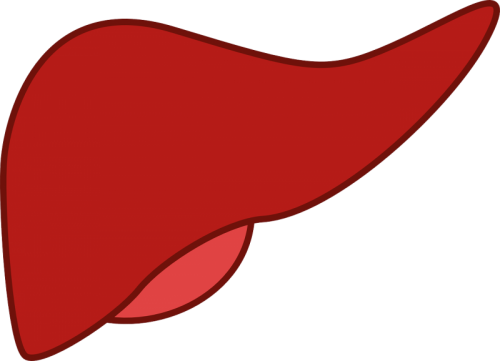
The Early Detection of Liver Disease research project, known as ID LIVER, has successfully enrolled over 2000 participants, marking a significant milestone in its mission to identify, assess, and manage liver disease risk in underserved communities. Spearheaded by researchers from Manchester University NHS Foundation Trust (MFT) and The University of Manchester (UoM), this initiative aims to diagnose liver disease earlier, leveraging expertise from the Innovate UK-funded Integrated Diagnostics for Early Detection of Liver Disease project.
Over the past year, more than 600 patients have been assessed in community settings across Greater Manchester as part of the Health Innovation Accelerator. This project is a component of the Advanced Diagnostics Accelerator (ADA), which seeks to address major diseases affecting Greater Manchester’s 2.8 million residents by improving diagnosis and treatment rapidly.
Community-Centric Approach to Liver Health
Stephanie Landi, Clinical Research Hepatology Fellow at MFT, emphasized the project’s community-focused methodology. “ID LIVER is shifting the focus of liver disease care towards early detection and intervention,” she stated. “By bringing liver health assessments directly into communities, we are removing barriers to access and reaching people who might otherwise present much later with advanced disease.”
Liver disease disproportionately affects individuals in areas of high socioeconomic deprivation. By targeting these communities, ID LIVER ensures that care reaches those most in need. Early detection empowers individuals to understand their liver health and make informed decisions before complications arise.
Real-Life Impact: Tony’s Story
Health Innovation Manchester recently met with Tony, a 68-year-old resident of Greater Manchester, who participated in the ID LIVER health check following a referral from his General Practitioner (GP). Tony shared his positive experience, highlighting the accessibility and ease of the health check:
“An appointment was made for me… I turned up and it was all very pleasant, there was no stress, no worry – I just turned up, did the test which was a scan, and that was it. The opportunity is there and there are people out there who want to help you, it’s all being done to help you. It’s all about you, the patient.”
Tony appreciated the convenience of having the health check conducted in his locality, making it easily accessible. “The way this is being done, this is the beauty of it, you’re just there and it’s all about you. It’s intimate really and it makes life easier,” he added.
Innovative Tools and Regional Impact
Participants of the ID LIVER study benefit from the state-of-the-art Greater Manchester Research Van, operated by MFT. This purpose-built vehicle is unique to the region, designed to widen research participation opportunities by bringing studies to easily accessible locations, thereby enhancing the relevance and quality of the research.
Oliver Street, Programme Manager at The University of Manchester, stressed the importance of early detection and prevention. “Early detection and prevention of liver disease is extremely important because often symptoms do not present until the disease is advanced and damage to the liver is irreversible,” he explained. “By identifying and assessing patients at increased risk of liver disease, we are supporting patients in receiving the right treatment at the right time and developing improved pathways of care.”
Future Directions and Broader Implications
Daniel Zamora, Programme Director of the Health Innovation Accelerator at Health Innovation Manchester, highlighted the project’s broader impact. “This project is another fantastic example of how a targeted approach for early detection and community screening is having a lasting positive impact on the treatment of disease for people across Greater Manchester,” he noted.
The Accelerator has facilitated the testing and screening of a significant number of patients for prevalent regional diseases. This work is poised to shape future strategies for identifying and treating patients through innovative solutions across primary, secondary, and community care settings.
As the ID LIVER project continues to expand, its success underscores the vital role of community-based health initiatives in addressing public health challenges, particularly in underserved areas. By prioritizing early detection and accessible care, the project not only improves individual health outcomes but also contributes to a broader understanding of liver disease management.





